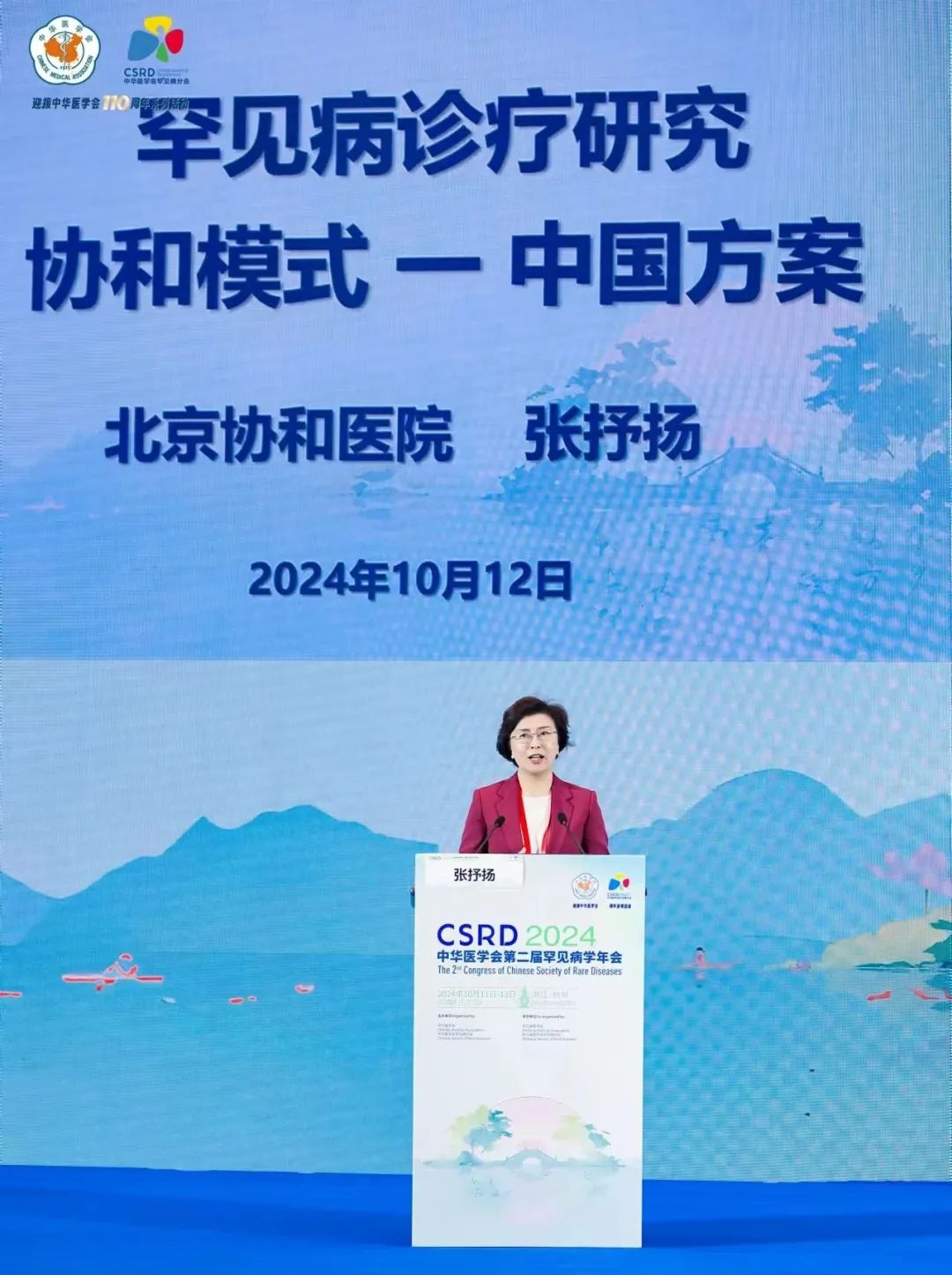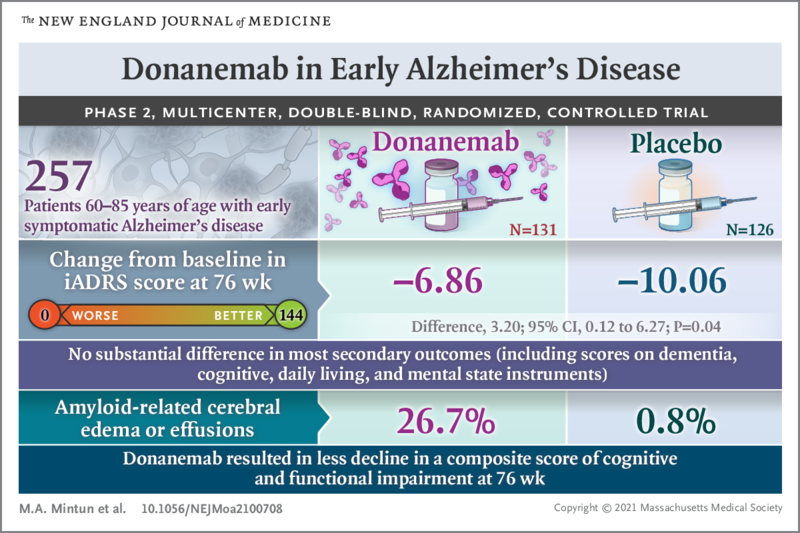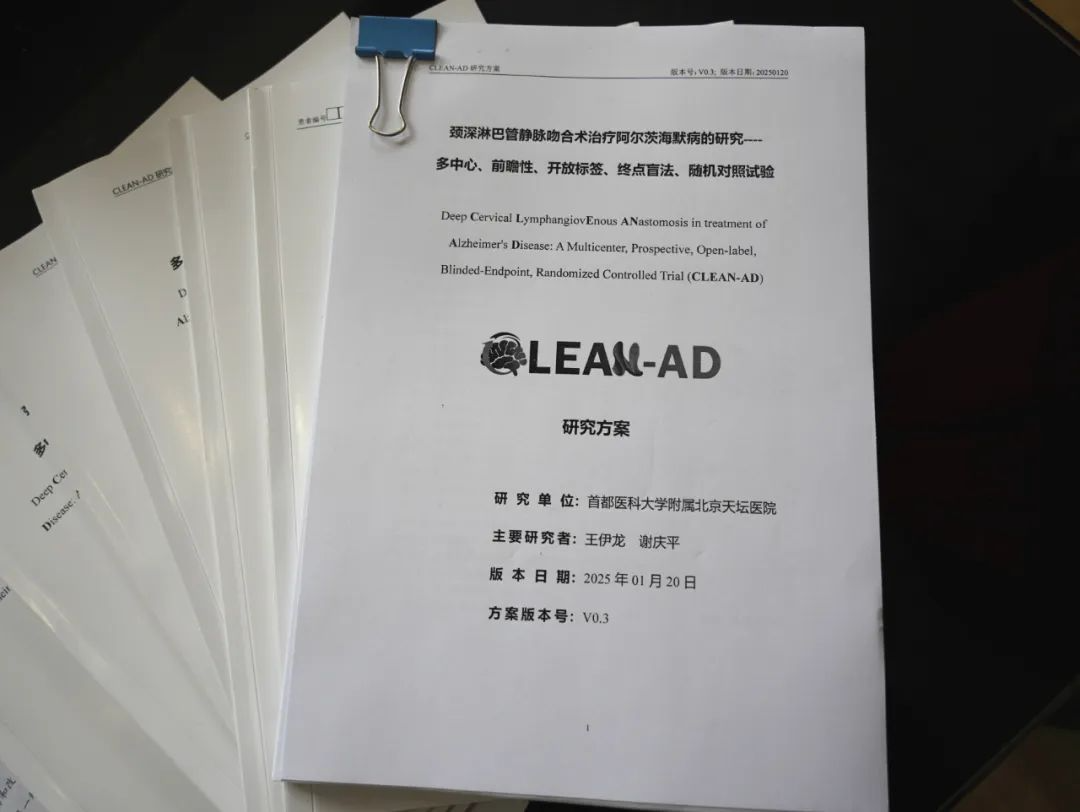From October 11 to 13, 2024, the 2nd Annual Conference on Rare Diseases of the Chinese Medical Association was successfully held at the Hangzhou International Expo Center. Professor Xie Qingping from Hangzhou Qiushi Hospital was invited to attend and share his academic insights.

The conference, organized by the Chinese Medical Association and its Rare Disease Branch, aimed to establish a high-level academic exchange platform, bringing together the wisdom and strength of top domestic and international experts and scholars. The event focused on discussing the latest research findings, diagnostic techniques, treatment methods, and policy developments in the field of rare diseases, with the goal of promoting the progress of rare disease prevention and treatment. Zhang Shuyang, Chairman of the Rare Disease Branch of the Chinese Medical Association and President of Peking Union Medical College Hospital, stated in her opening remarks that rare diseases pose great challenges to patients' health due to their unique pathological mechanisms, complex clinical manifestations, and high heterogeneity. She expressed hope that the conference would inspire innovative thinking and foster the continuous emergence of new knowledge, technologies, and methods in the rare disease field, bringing more hope and benefits to patients.


As a pioneer in using cervical lymphatic venous anastomosis (LVA) to improve functional disorders in rare diseases such as Alzheimer's disease and amyotrophic lateral sclerosis (ALS), Professor Xie Qingping was invited to deliver two presentations at this academic conference: "The Application of Deep Cervical Lymphatic Venous Anastomosis (LVA) Combined with Deep Limb Lymphatic System Reconstruction in Treating Multiple System Atrophy" and "Integrative Medicine Approaches for Treating Amyotrophic Lateral Sclerosis." Professor Xie's innovative medical achievements received high recognition and attention from his peers at the Chinese Medical Association.

Since 2018, Professor Xie Qingping, who has decades of experience in clinical lymphatic microsurgery, has continuously pursued medical innovation. He was the first to apply cervical lymphatic venous anastomosis to improve functional disorders in patients with Alzheimer's disease (AD), Parkinson's disease, and amyotrophic lateral sclerosis (ALS), achieving positive results. His work has significantly improved the quality of life for hundreds of patients and their families.









